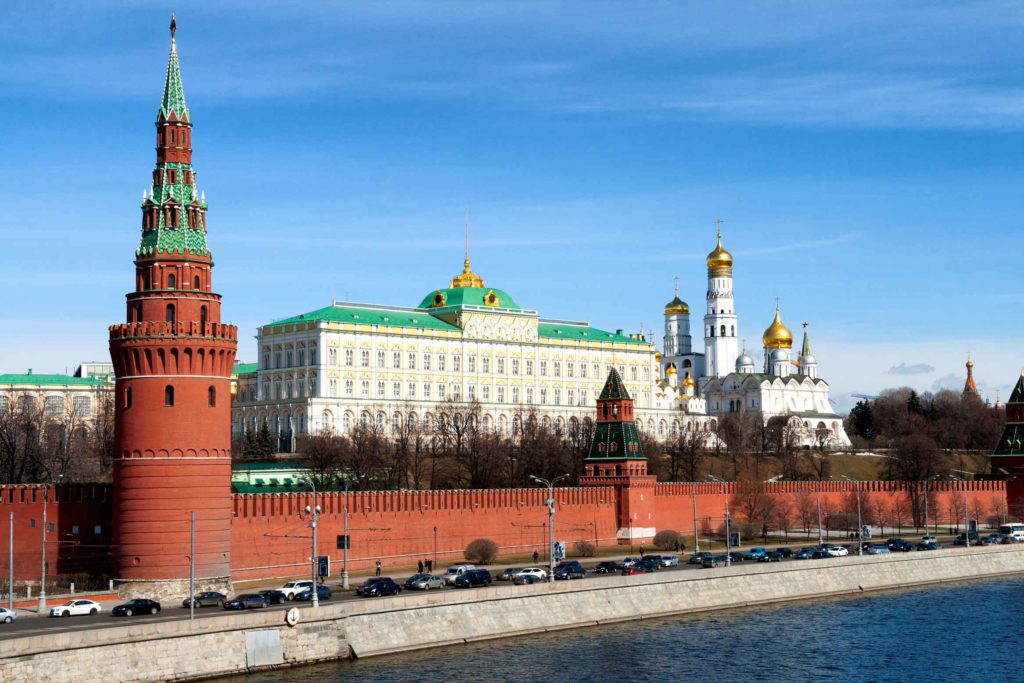Bulletin #165 — Mar 2022
Churchill Style

February 27, 2022
The Art of Being Winston Churchill: Kremlin Men
By BARRY SINGER
In March 1949, Winston Churchill returned to the United States for the first time since his “Iron Curtain” speech, delivered at Fulton, MO in 1946, warning of the dangers of Russian expansionism. During the three intervening years, the Soviet Union’s intentions in Europe had become incontestable. As in the 1930s, Churchill’s staunch rhetoric had been vindicated yet again, his standing as a Cassandra of hard truths reconfirmed. Still, his view of the Soviets remained grounded in an acute, almost empathetic sense of flawed humanity.
“These men in the Kremlin, how is it then—that they have deliberately united the free world against them?” Churchill asked an audience in New York City on 25 March 1949. “ It is, I am sure, because they feared the friendship of the West more than they do its hostility. They can’t afford to allow free and friendly intercourse between their country and those they control, and the rest of the world. They daren’t see it develop—the coming and going and all the easements and tolerances which come from the agreeable contacts of nations and of individuals. They can’t afford it….That is in my opinion the explanation.”
“I believe that their motivation is self-preservation,” Churchill continued, “—not for Russia—but for themselves. Of course going out of office in Russia isn’t quite as easy a business as it may be here….You lose the election, you may lose your life. It’s very high stakes they play for…and I’m sure that self-preservation for themselves lies at the root of this strange, extraordinary, unreasonable policy which has caused them deliberately to alienate all the generous sympathy there was for the brave Russian armies who fought so nobly in the war.”
Barry Singer is proprietor of Chartwell Booksellers in New York City and author of Churchill Style (2012).
Subscribe
WANT MORE?
Get the Churchill Bulletin delivered to your inbox once a month.






